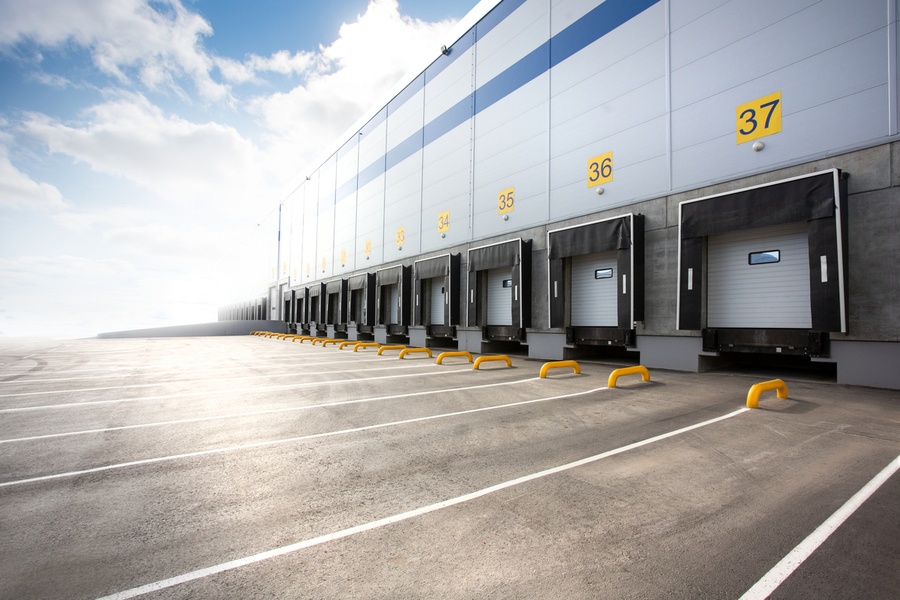Why Do Warehouses Underperform? Considerations and Solutions
A warehouse underperforms not due to a single reason, but rather a multitude of factors. At the core is design; the design of the physical infrastructure and logical processes. If the physical design has shortcomings, the deficiency has to be made up through logical processes. If the logical processes are deficient, the issue has to be resolved through task initiatives undertaken by operators and supervisors, which are often ad-hoc or not standardised so if the issue happens again, it’s handled and reported differently. Coupled with this is the multiplier effect, the multiplier effect being that if there is a single issue in the process, it’s not just one issue but a multiplication of how often that process is repeated. At Warehouse Focus, we work to not just address the symptom, but to resolve the root cause and optimise workflow performance. This goes deeper than just data and design, it’s about understanding how the work is and will be done at the operator level. With a history of running distribution centres and complex logistics operations at ground level, Warehouse Focus totally understands the challenges of distribution.
The following are some of the factors that contribute to warehouse underperformance.
1. Businesses Have Built Warehouses to Store - Not to Distribute
At Warehouse Focus, we see the warehouse as a distribution hub, the philosophy is ‘productivity balanced against storage’. If a trade-off is required, productivity should come first. Businesses typically lose money because they can’t deliver. A business survives on cash-flow, not assets so it is important for inventory to keep moving. Ease of inventory movement in a warehouse must be a pillar of design.
2. Deficient Processes and Procedures
When people think of the warehouse, they think of the physical building. There is also a ‘logical warehouse’. The logical warehouse is the information system that is necessary to ensure all the checks and balances are done. Where a sub-standard logical warehouse exists or the logical warehouse is not aligned to the physical warehouse, you lose inventory.
The ‘remember’ Warehouse Management System doesn’t work. At Warehouse Focus, warehouse process development is what we do so the overall solution needs to be inclusive of both the physical and the logical environment.
WAREHOUSE DESIGN SPECIALISTS
At Warehouse Focus, we concentrate only on warehouse and warehouse related activities. This approach ensures that our company maintains its specialist skills, knowledge and focus on what we are good at. We are a small company with a deep level of technical capability.
LEVERAGING OUR NETWORK FOR SPECIALISED ADVISORY SERVICES
If you do need logistics or design advisory services beyond what Warehouse Focus can provide such as property and leasing, ergonomic office design, freight services, supply chain, management services, manufacturing design etc, we have this covered through a wide network of specialist industry contacts to meet the requirement by referral.
3. Lack of Formal Training for Warehouse Solution Development
Warehousing and distribution design is not formally taught at any schools or universities as a specific unit – yet it should be. This is because of the specialised multi-disciplinary nature and complexity of warehousing. The areas of knowledge required for warehouse design cover operations, information systems, information technology, engineering and finance specific to warehousing. With this scope of varied requirements, warehouse education does not fit neatly into any traditional educational discipline. Proficiency across these areas tends to only be acquired through a combination of:
- Formal education within general disciplines taught at Universities and Technical Schools
- Operational hands-on experience in the warehouse
- Design exposure of systems
As a consequence, very few individuals are provided such opportunities and even fewer can bring together all the pieces to arrive at a full understanding. The global scarcity of knowledge in this area has led to many distribution operations being built on ad-hoc processes and systems through evolutionary stages.
Using Warehouse Focus takes out the ad-hoc approach of process and procedural design. Our philosophy is to ensure process and procedure complements layout where ‘everything is done for a valid reason’
4. No Master Plan in Place
Because of the multi-disciplinary facets of expertise required to bring a warehouse together, a master plan is rarely in place as an overall reference for guidance. Warehouse development in the hope of improvement occurs on an ‘as needed’ basis and as a result, a high risk of dysfunctional interfaces exists between site management, operator competencies, IT, warehouse layout, transport and other business units.
From experience, one of the most common sources of inefficiency is the interaction between teams. Without this recognition, identifying the root cause of a problem can be difficult. When only equipment supply experts are called in and advice is sought to overcome the issue, the advice given is typically within their channel of specialisation. Consequently, without a detailed appreciation of the bigger picture, overcoming one constraint can lead to another.
At Warehouse Focus, the master plan for warehouse development is provided as part of our normal advisory service for any project embarked upon. This ensures that all warehouse interfaces operate in a synergistic manner.
Why Do Warehouses Underperform? Considerations and Solutions
A warehouse underperforms not due to a single reason, but rather a multitude of factors. At the core is design; the design of the physical infrastructure and logical processes. If the physical design has shortcomings, the deficiency has to be made up through logical processes. If the logical processes are deficient, the issue has to be resolved through task initiatives undertaken by operators and supervisors, which are often ad-hoc or not standardised so if the issue happens again, it’s handled and reported differently. Coupled with this is the multiplier effect, the multiplier effect being that if there is a single issue in the process, it’s not just one issue but a multiplication of how often that process is repeated. At Warehouse Focus, we work to not just address the symptom, but to resolve the root cause and optimise workflow performance. This goes deeper than just data and design, it’s about understanding how the work is and will be done at the operator level. With a history of running distribution centres and complex logistics operations at ground level, Warehouse Focus totally understands the challenges of distribution. The following are some of the factors that contribute to warehouse underperformance.

